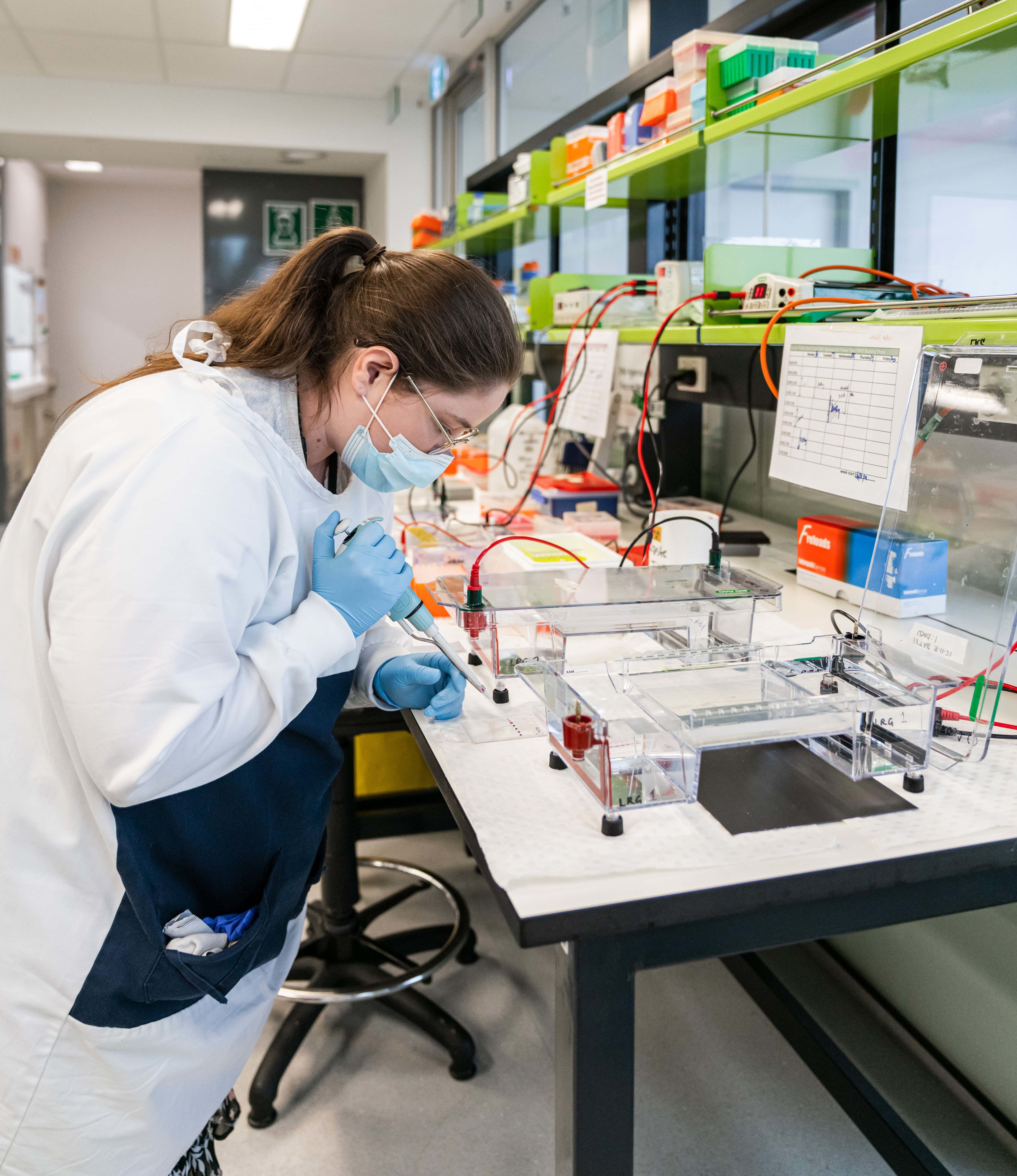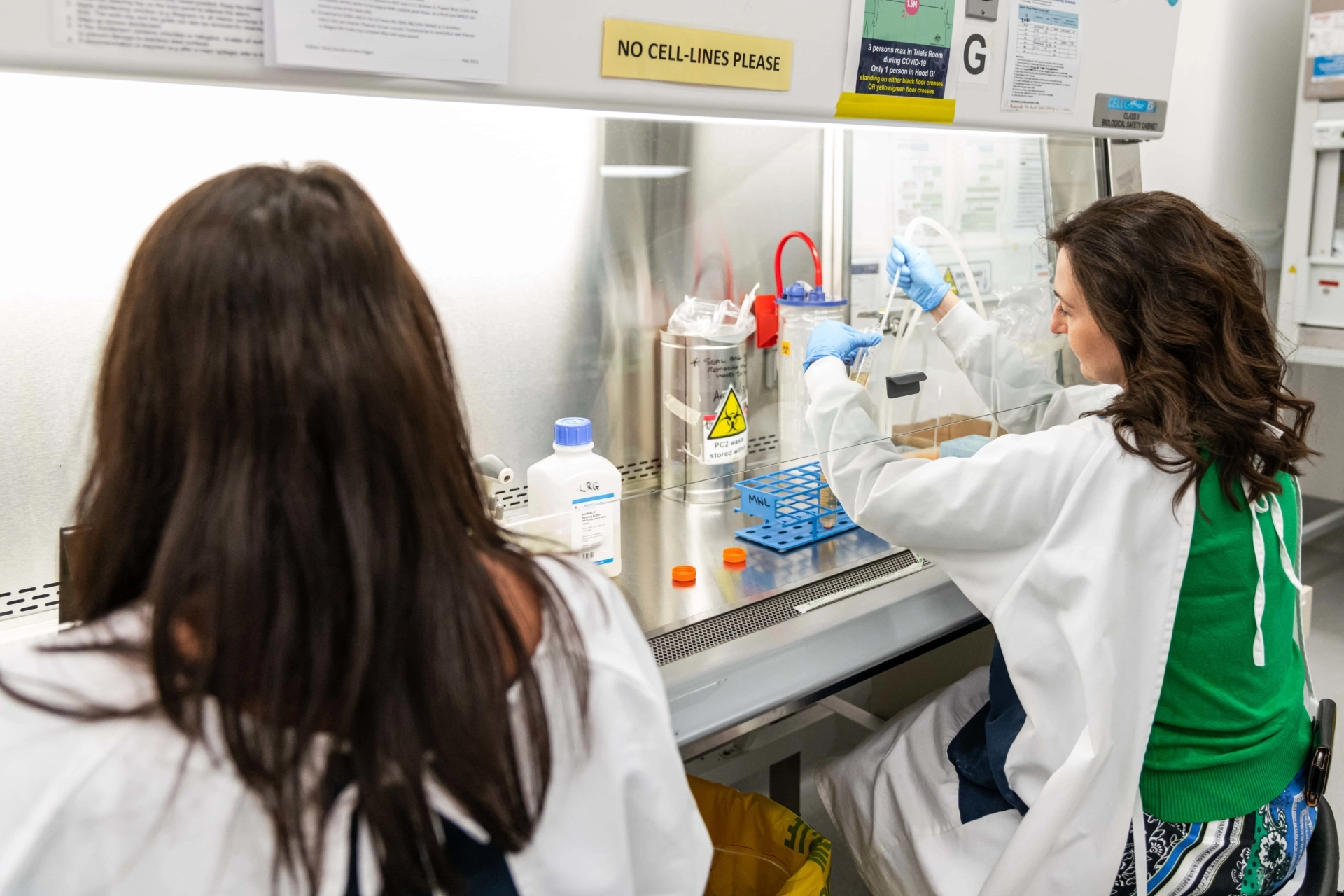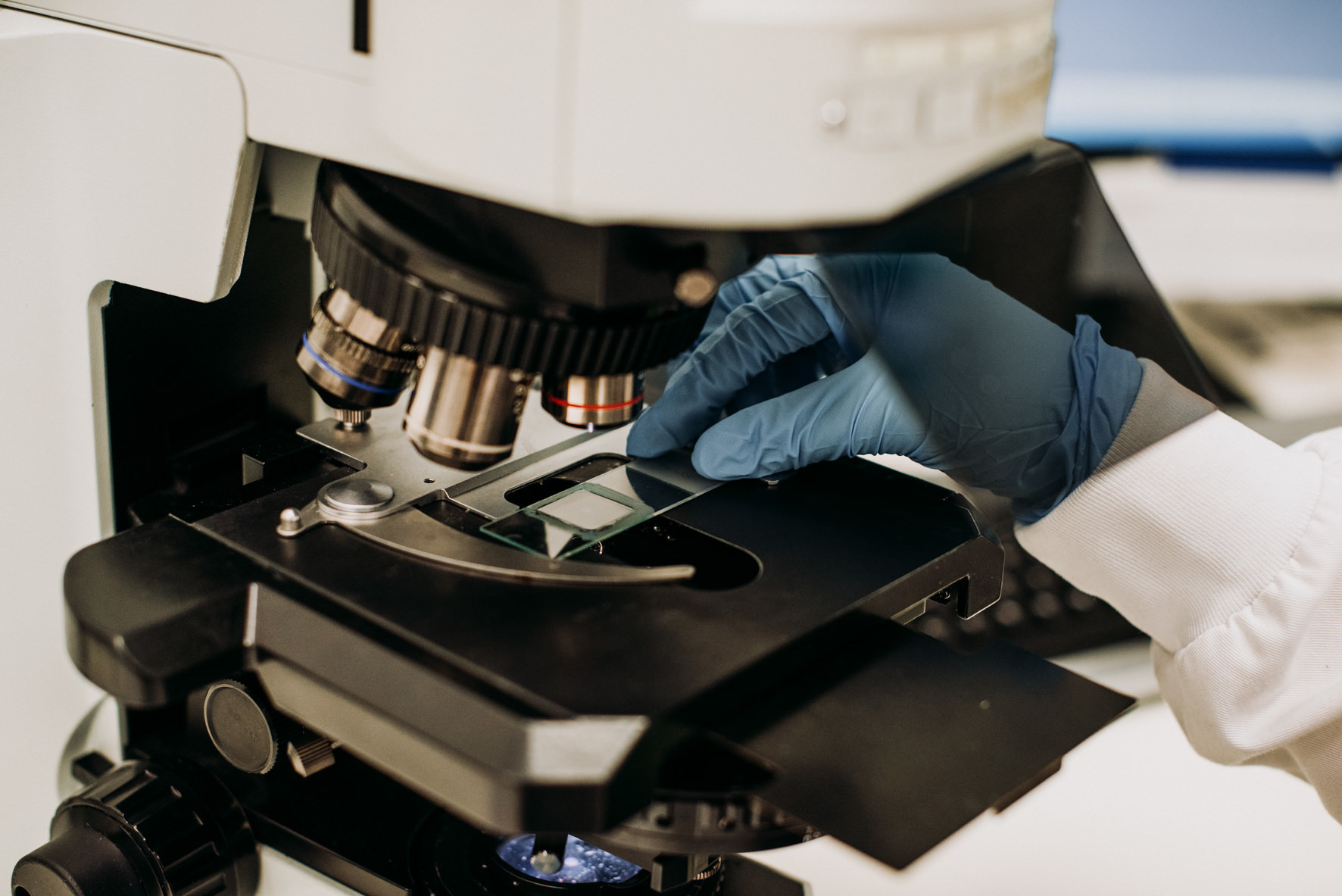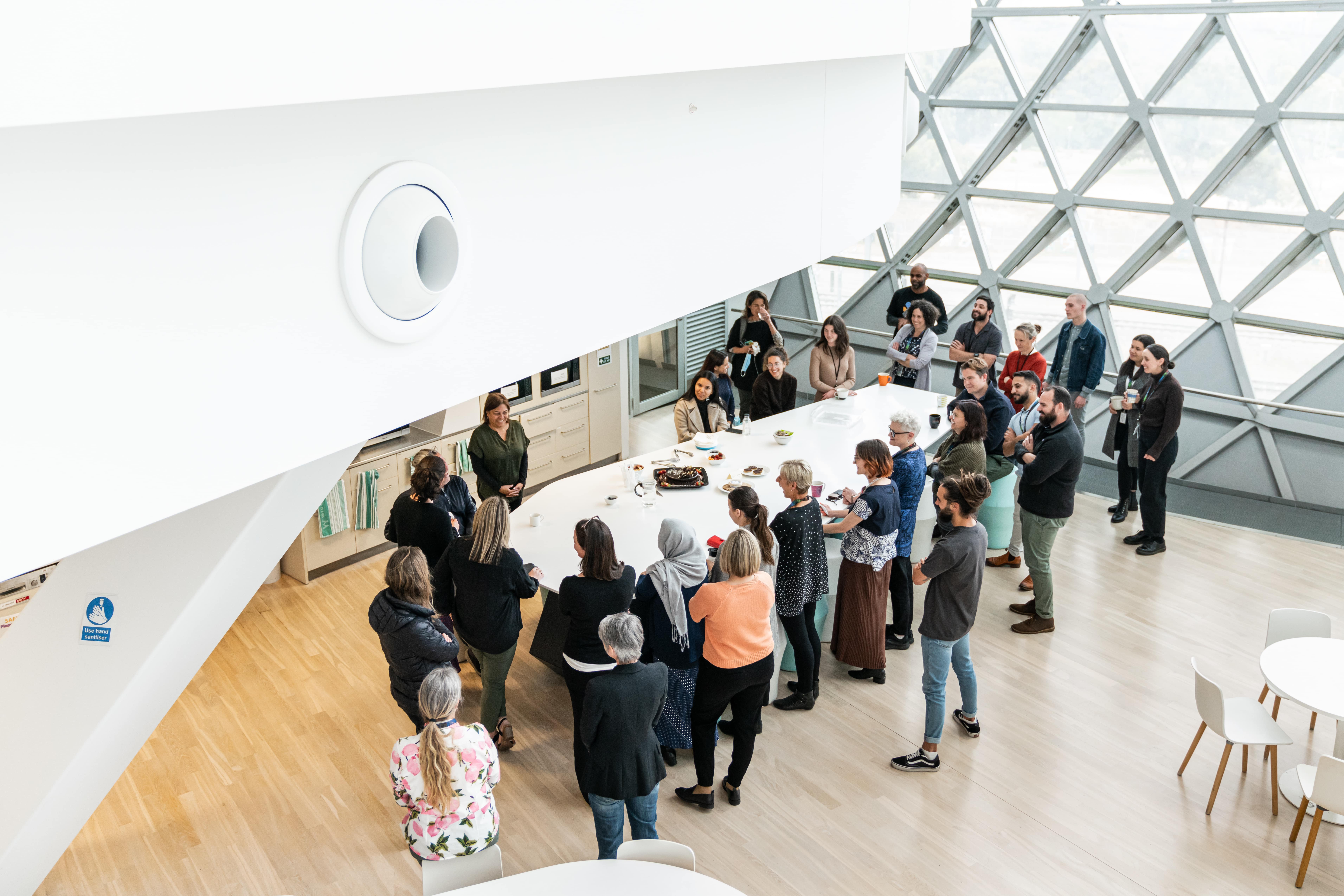Acute Lymphoblastic Leukaemia (ALL) is the most common childhood malignancy and remains the leading causes of non-traumatic death in our children. For adolescents and young adults with ALL the therapeutic outcomes are poor. Most older adults will die of their disease.

The ALL Research Group’s primary focus is defining the genomic basis of the disease in adults and children. The significance of this group's work is that timely therapeutic intervention will, in most cases, improve both short and long-term outcomes for patients with this potentially fatal disease.
As the National Referral Centre for ALL genomic screening, SAHMRI’s ALL group uses next generation sequencing to identify cancerous changes in samples from ALL patients at diagnosis and relapse. To date, the group have sequenced more than 850 patients and identified a significant number of alterations and novel gene fusions for investigation. The clinical relevance of these findings is that many of these genomic changes are sensitive to already available targeted therapies that have known clinical safety profiles.
For genomic alterations where the risk conferred is unknown, or where a drug target cannot be identified, the group undertakes various in vitro and in vivo investigations to assess the potential of the lesions to cause disease and to test drug sensitivity against a growing number of therapeutic agents.
While ALL is a disease of bone marrow and blood cells, it is also clear that other factors likely play a role in disease development, therapeutic response and short and long-term toxicity. To explore this further, and in collaboration with the Lynn EMBL Australia group at SAHMRI, the ALL team’s studies have expanded to include in-depth analyses of the immune system and associated gut microbiota of patients across the disease course. The importance of these analyses is that many of these factors are modifiable. The researchers also assess the efficacy of such modifications on clinical response improvement and reduced toxicity in the lab.
The ALL group’s challenge is to incorporate knowledge gained through its analyses into clinical care to improve the outcome for ALL patients. To assist with this process the team works with all major clinical and research groups around Australia and with groups specialising in machine learning algorithms to ensure data generated is bought to clinical application in a useable form.





